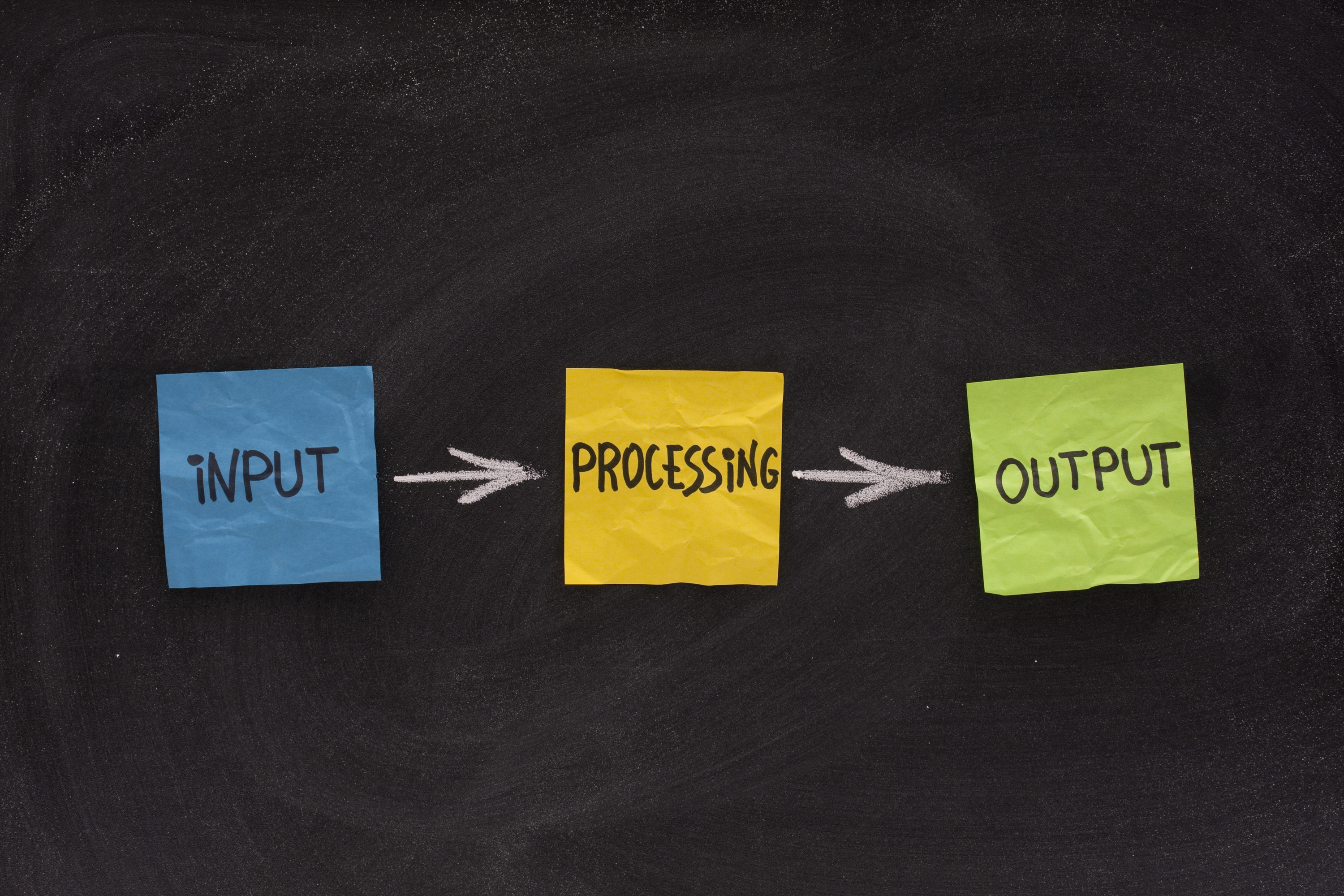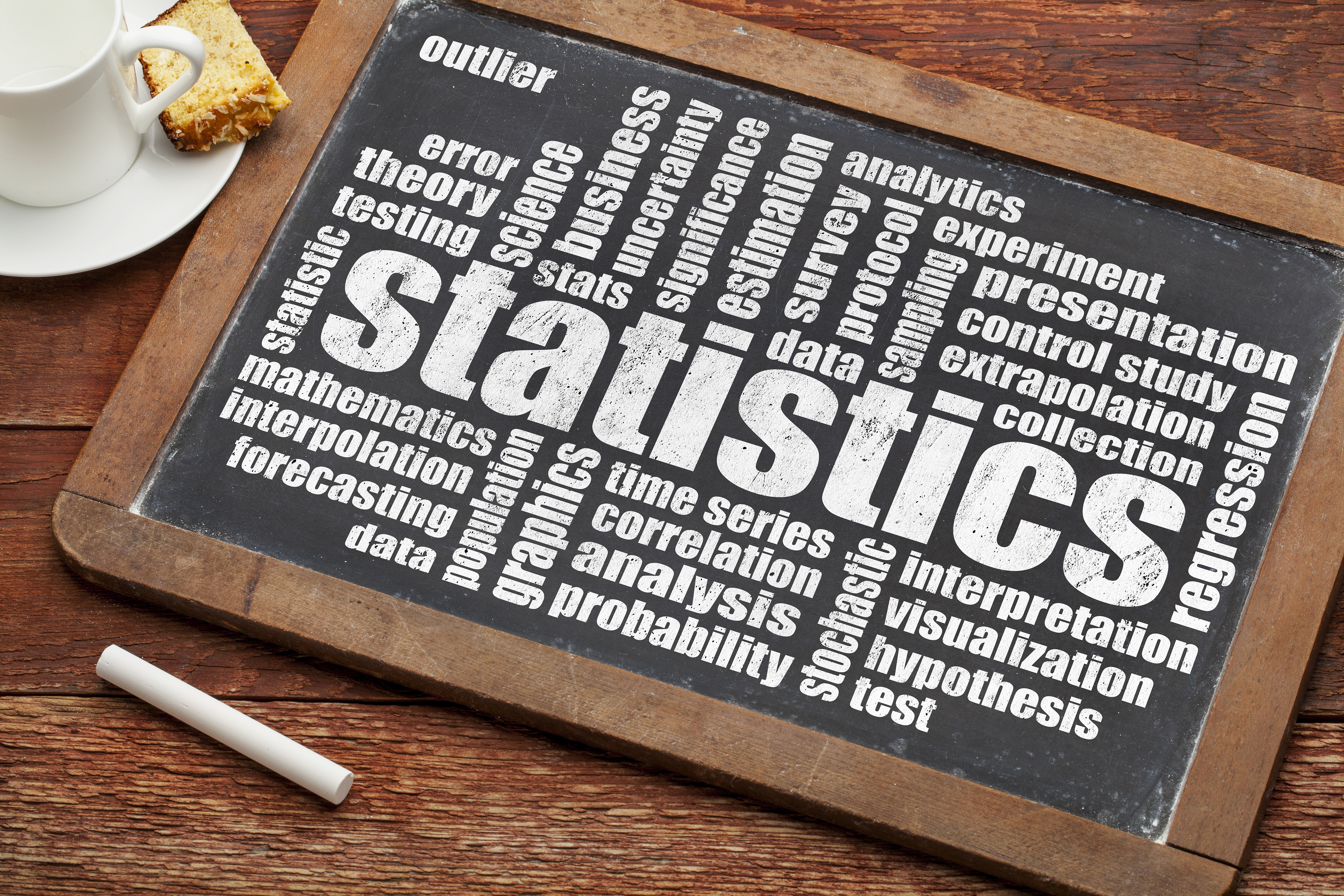Practice: Simulation and Mathematical Modeling
-
Social Network Analysis

With the recent development of sensor devices, it has become possible to acquire a variety of data. I am particularly interested in statistical methods for data obtained as networks in psychology, agriculture and economics.
-
Morphological Computing

In recent years, it has been recognized that a variety of functionalities can be realized only by the movement of the body, as typified by the passive walk of a robot. I am studying these problems from modeling and simulation approaches.
-
Physical Simulation of Musical Instruments

I am conducting research to simulate the sound of a musical instrument by physical simulations of the movement of piano strings, hammers and other parts of the instrument, thereby developing novel physics-based electronic instruments.
Theory: Methods of Mathematical Science
-
Geometric Discrete Mechanics

In order to develop a computer-based physics simulation method, I am working on the physics of the digital world.
-
Model Analysis Using Differential Algebra

I am studying input-output relations using differential algebra for the estimation and analysis of model parameters for simulation.
-
Time Series Models on Statistical Manifolds

Traditionally, the target of time-series analysis has been numerical data. I am developing a time-series analysis method for non-numerical time-evolution data (e.g. evolutional networks) using the information geometry.